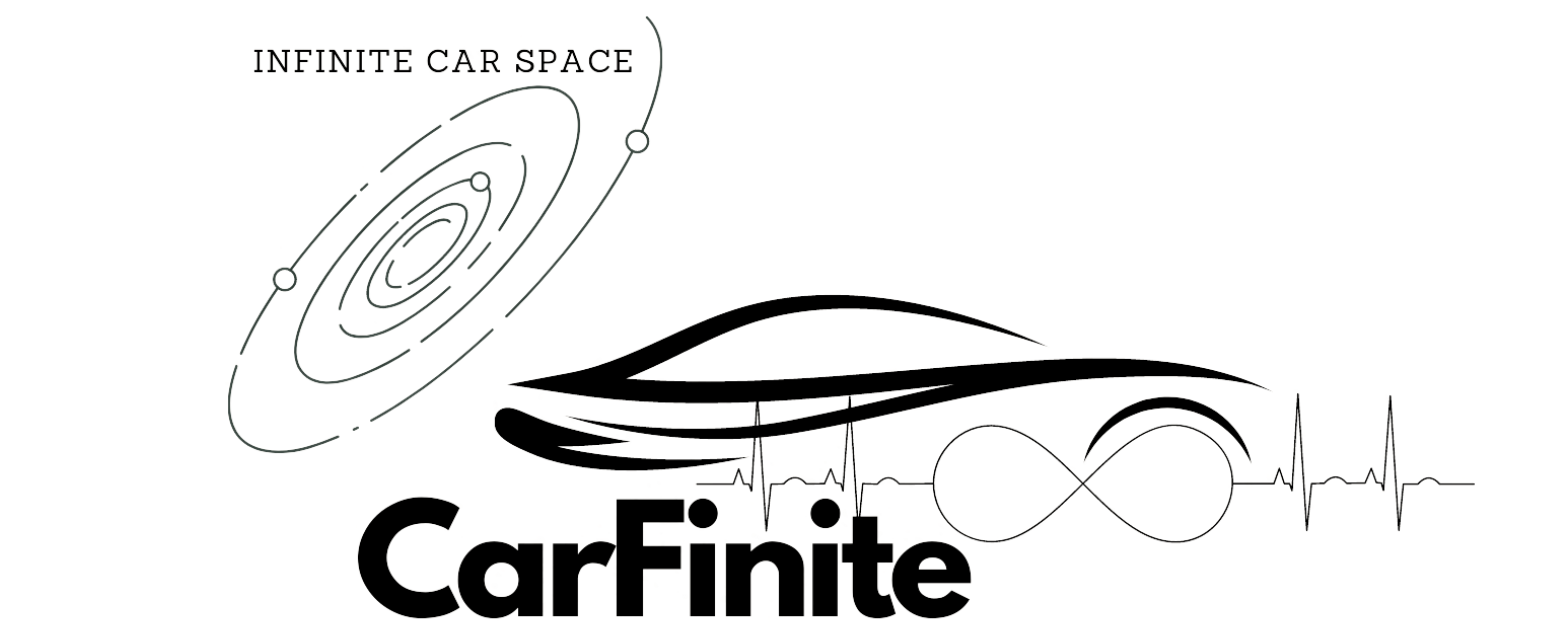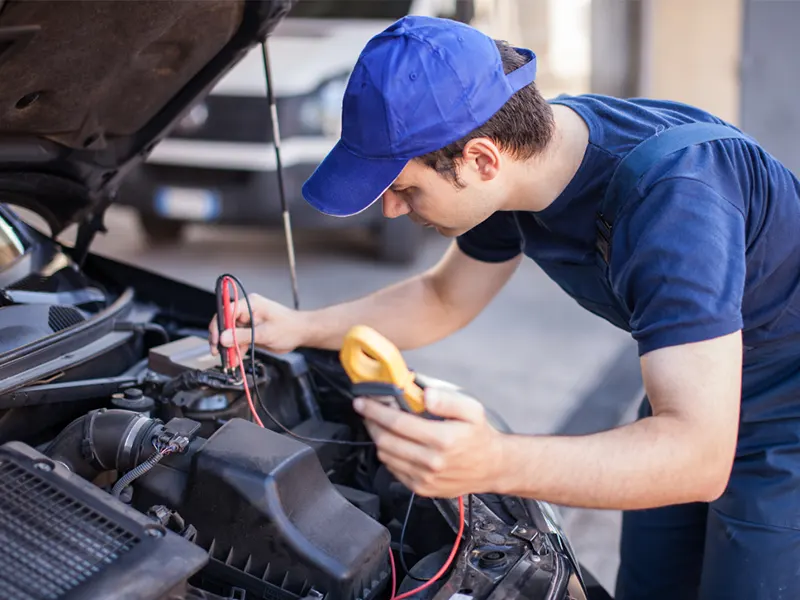Ever hitched up your trusty trailer, only to discover a dead battery lurking within? Don’t let a powerless trailer dampen your towing adventures. A malfunctioning trailer battery on your F-150 can be frustrating, but understanding the potential causes and equipped with the right know-how, you can get your trailer humming again in no time.
The Importance of a Charged Trailer Battery
A healthy trailer battery isn’t just a convenience – it’s crucial for safe and efficient operation. It powers essential trailer functions like brakes, lights, and winches, ensuring your cargo arrives safely and your towing experience remains smooth.
A dead battery, on the other hand, can lead to flickering lights, inoperative brakes, and even stranded trailers – situations you’d rather avoid.
Potential Causes
The reasons for a trailer battery not charging on your F-150 can be diverse, ranging from simple electrical gremlins to complex software glitches.
Here’s a breakdown of the potential culprits:
Electrical System Issues:
- Blown Fuses or Relays: These tiny guardians of your electrical system can sacrifice themselves to protect other components from overloads. Check your F-150’s owner’s manual for specific fuse locations related to trailer charging, and don’t hesitate to replace any blown ones.
- Faulty Wiring or Connections: Corroded, loose, or damaged wiring in the truck’s trailer harness can disrupt the flow of electricity to your trailer battery. Give the harness a thorough visual inspection, and don’t hesitate to clean or replace any compromised wires.
- Battery Terminal Blues: Corroded or damaged battery terminals on both the truck and trailer can act like tiny roadblocks to charging. Clean them with a wire brush and ensure a snug connection.
- Relay Relay Race: The Trailer Battery Charging Relay (TBCR) and Trailer Brake Controller (TBC) play crucial roles in trailer power. A malfunctioning TBCR might not send the charging signal, while a faulty TBC could interfere with the process. Consult your owner’s manual for troubleshooting tips or seek professional help.
Battery Issues:
- Deeply Discharged or Dead Battery: Even the sturdiest batteries eventually succumb to Father Time. If your trailer battery hasn’t been used in a while, it might be simply discharged. Try charging it with a battery charger, but if it’s completely dead, replacement might be necessary.
- Internal Battery Woes: Internal damage within the battery itself can also lead to charging woes. Look for signs of swelling, cracks, or leaks, and consider replacing the battery if suspicion arises.
Trailer-Specific Troublemakers:
- Missing or Faulty Isolator: Some trailers utilize a battery isolator to prevent the truck’s battery from draining while parked. A missing or malfunctioning isolator can leave your truck battery depleted, impacting trailer charging.
- Wiring Woes on the Trailer Side: Double-check the trailer’s internal wiring for any loose connections or damage. Improper wiring can disrupt the charging circuit.
- Power-Hungry Appliances: Excessive power draw from appliances while towing can overwhelm the charging system, leaving your trailer battery yearning for more juice. Consider turning off unnecessary appliances while towing.
Software Glitches:
- Outdated TRM Software: In some cases, outdated software in the F-150’s Trailer Module (TRM) can cause charging hiccups. A quick visit to your Ford dealership for a software update might be the fix.
Troubleshooting and Diagnosis
Before diving into repairs, some detective work is necessary. Start with a visual inspection of the wiring, connections, and fuses. Ensure the trailer plug is firmly connected to the truck.
Then, grab your trusty multimeter and measure the voltage at the truck’s trailer plug and the trailer battery terminals. Compare your readings with the expected values specified in your owner’s manual to pinpoint the source of the charging issue. For more complex diagnoses, consult a repair manual or seek the guidance of a qualified mechanic.
Model Years Impacted
While the information provided applies to a wide range of F-150 models, specific troubleshooting steps and component locations might differ depending on your truck’s year and trim level. Always refer to your owner’s manual for model-specific details.
Solutions and Repairs
The good news is that most trailer battery charging issues have readily available solutions. For simple fixes, replace blown fuses, clean corroded connections, tighten loose terminals, or update the TRM software.
More complex repairs might involve replacing damaged wiring, faulty components like the TBCR or isolator, or even the trailer battery itself. If electrical gremlins leave you stumped, don’t hesitate to seek professional help from a qualified mechanic or electrician.
Cost Considerations
The cost of resolving your trailer battery charging woes can vary greatly depending on the culprit and your chosen course of action. Here’s a breakdown of potential expenses:
DIY Fixes
- Simple replacements: Blown fuses typically cost between $5 and $10, while a new battery isolator can range from $20 to $50. Cleaning connections and tightening terminals are essentially free, requiring only elbow grease and a wire brush.
- Software updates: Updating the TRM software at a Ford dealership usually falls between $50 and $100, a small price to pay for potentially resolving the issue without further repairs.
Professional Repairs
- Wiring repairs: Depending on the extent of the damage and the location of the affected wires, costs can vary from $100 to $500 or more. Labor charges will significantly impact the overall cost.
- Component replacements: Replacing a faulty TBCR or TBC can set you back anywhere from $150 to $300 for the parts alone, plus labor.
- Battery replacement: Trailer battery prices range from $75 to $200, depending on the size, brand, and power output.
- Diagnostic fees: Consulting a mechanic for diagnosis can cost around $100 per hour, but it can save you time and money in the long run by pinpointing the exact issue before diving into unnecessary repairs.
Additional Tips for Cost-Effective Solutions
- Start simple: Before heading to the mechanic, try the DIY fixes first. You might be surprised how easily you can solve the problem yourself.
- Shop around: Compare prices for parts and services from different mechanics and auto parts stores. You might find significant savings by doing your research.
- Consider used parts: For non-critical components like battery isolators, consider using high-quality used parts to save money.
- Preventative maintenance: Regularly inspecting and cleaning your trailer’s electrical system can help prevent future issues and costly repairs.

John Smith, a Los Angeles-based car specialist and automotive writer, boasts over 20 years in the industry. With a background as a master technician and a decade-long writing stint at notable automotive publications, John now shares his expansive knowledge on CarFinite, simplifying car maintenance for readers.

